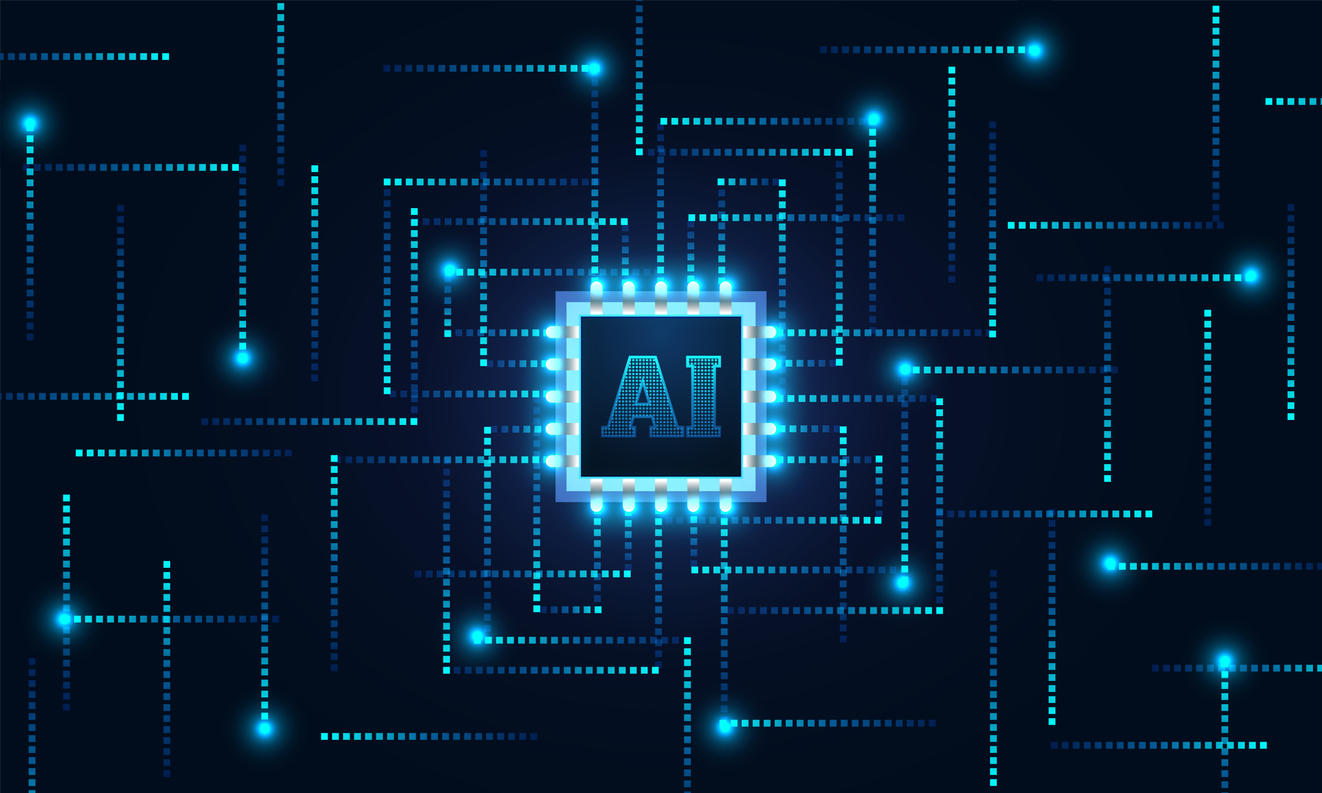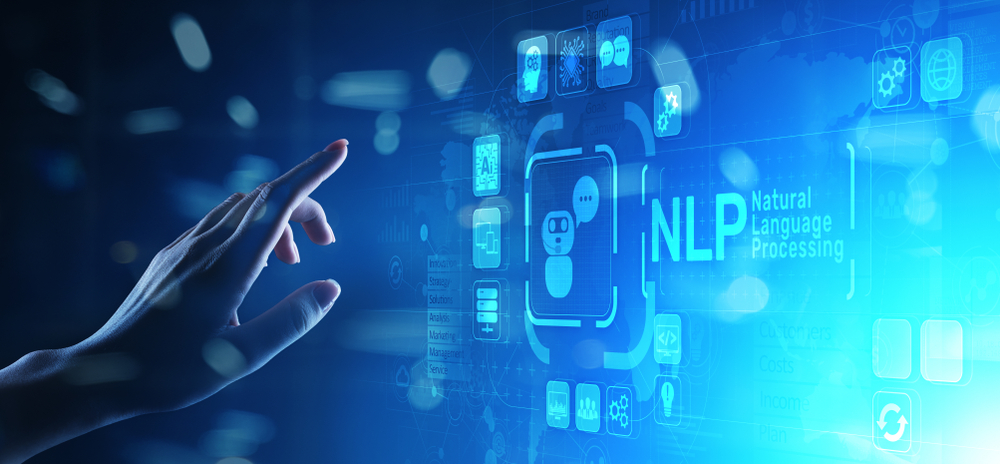It’s a Wednesday, 11 am.
You and your best friend are just about to start brunch at your favorite restaurant.
Wait. Brunch in the middle of the week? Yes, but I’ll come back to that.
You are chatting frenetically.
Your shoulders are down, and in between bites, you look at your friend with eyes full of tears.
You and your boyfriend broke up last week.
She feels your pain and knows what can cheer you up.
This definitely calls for a meal at your favorite restaurant. So what if it’s expensive? If this isn’t an emergency, then I don’t know what is!
So basically, your best friend is someone who takes charge of everything, sorts out the mess and gives the only most practical solution.
Now, if only there was an application on your smartphone that could understand you as well as your best friend does!
What if, in the near future, there could actually be more than just an app that could interpret your feelings and emotions with one single swipe?
That’s where the future of Artificial Intelligence (or AI) is headed to, alongside human Emotional Intelligence.
Most of our communication consists of body language and verbal signals; signals that leave behind a ton of data that still has to be assessed by software and applications to understand and build a better customer experience. Our moods and our emotions speak more than a thousand words. And as you read this, many companies and startups are already heading towards this field to change the way we interact with the world, for good.
And here are 5 ways in which Artificial Emotional Intelligence is impacting our lives right now.
1. How Do You Feel Today?
AI technology is a field that is rapidly growing thanks to new devices that are taking their places in people’s homes, but what about their implementation in hospitals and in the healthcare system?
AI, supported by Emotional Intelligence, would be capable to understand vocal cues, and these devices would be able to highlight depression in a person or even detect chronic issues like heart disease.
Right now in Israel, a startup named Beyond Verbal is developing analytics tools aimed to dig data from behavioral and vocal patterns.
CEO Yuval Mor expressed his thoughts on the matter: “In the not so far future, our aim is to add vocal biomarker analysis to our feature set enabling virtual private assistants to analyze your voice for specific health conditions.”
In a not so distant future, hospitals could bank on the tools provided by Emotion AI as they evolve to tackle many different scenarios and uses.
For example, voice-enabled virtual assistants may become a crucial part in a clinician’s diagnosis. These smart devices may mark a new way to engage with patients and offer a better experience during the patient’s journey during his or her time spent in healthcare.
2. A New Frontier in the Game Industry
Another incredible and exciting improvement Emotion AI could bring to the table is ready for the gaming industry for the taking. Although there aren’t many mainstream players among game developers that are tackling this AI branch, many important studies are taking place as we speak to develop a whole new gaming experience for the players
James Ryan is a Ph.D. student at UC Santa Cruz, working in the Expressive Intelligence Studio. He’s leading a team of experts that are working on Talk of the Town, an AI platform created to bring to life interactive experiences featuring intelligent characters who have ongoing personalities encompassing emotions, beliefs, memories, and relationships.
“There are two core AI problems that Talk of the Town is tackling,” says Ryan. “How do you support autonomous characters who have ongoing subjective experience of the game world, and how do you support unconstrained conversational interaction between player and NPCs? We have systems that decide how people go about their daily routines, and how the various subjective phenomena should be triggered over the course of a character’s day – things like forming, propagating, misremembering knowledge or memories, and forming or evolving relationships.”
Another company to keep your eyes on is Mobius AI. Founded in 2015 by a team of video game veterans and AI researchers, including Aaron Reed, the company is developing an AI platform specifically for the mainstream games industry.
“We’re working on a project to provide game developers with a social AI engine that can power game characters with greater knowledge about the world and the ability to react and perform in dynamic situations, which has never been available before in a complete package like this.”
No matter what the technology is involved, Reed is looking forward a new gaming scenario where we’ll see the birth of new types of game – romantic comedies, character studies, coming-of-age stories.
3.Virtual Personal Assistants (VPAs)
Another sector that seems a natural fit for Emotional AI is the increasing industry of VPAs such as Apple’s Siri, Microsoft’s Cortana and Google Assistant. Devices available today employ natural-language processing and natural-language understanding to interact with their owners. And yet they still do not possess the ability to understand and respond to users’ emotional states. What would happen if VPAs devices could detect and interpret our emotional states, as well as our commands? By decoding data from facial expressions, voice intonation, and behavioral patterns, the user experience would be taken to a whole new level. You can already find these features in products such as VPA Hubble.
4. Look Ma, I’m Driving With No Hands!
While talking about cars, Emotional AI will have a big role to play in the self-driving cars industry. Yet, this automotive sector is still taking its first baby steps. In fact, it is mandatory for any self-driving car to be assisted by a human behind the wheel, as a sudden change may occur and a human control should be employed. One may get distracted during the journey or may decide to multitask. Based on the driver’s emotional state or wellbeing, he could be given a friendly suggestion to take control of the car again.
A self-driving car may be able to detect a moody driver and help him calm his nerves. As the ultimate goal of Emotional AI would be to improve customer experience, your next ride may just become a whole new journey altogether.
5. The Moment Your Fridge Suggests You What to Eat!
Recently at CES 2018, Annette Zimmermann, Research Vice President at Gartner said, “By 2022, your personal device will know more about your emotional state than your own family.”
As unbelievable as it may sound, this affirmation should be taken seriously after seeing the revolutionary products showcased at the CES edition. These products, like a smart fridge, may be able to interpret your moods and emotional state, and could, therefore, suggest the best food you may be craving at that very moment. Emotional AI is a stepping stone in the interpretation of the customer experience and buyer journey. As Emotional AI algorithms decode your emotional state, they could improve the choice of products you buy. Everyday objects, enabled by these new algorithms, may collect, analyze and interpret data from people’s feelings like happiness and love, fear and shame, or even anger. In turn, they may respond with the most appropriate buying suggestion or lead the person to the most appropriate choice of activity.
6. May I Have a Sandwich, Please?
So how does Emotional AI impact user experience? One of the bigger companies interested in this branch of AI is Uber. This Silicon Valley-based startup offers as a service to its customers the journey to their destination, and also provides meal delivery. But what if you could personalize the customer experience by adding a touch of emotional intelligence? Uber would stop being just a service; it would become a bilateral interaction. By employing Emotional AI, UberEats’ job would not just shift from delivering a meal, but to suggest the best possible dish to its customer, based on his mood of the moment.
AI will not only be able to create a persona, but it will also be able to create and understand a personality. The road has already been paved, and it is only a matter of time when it works wonders.









